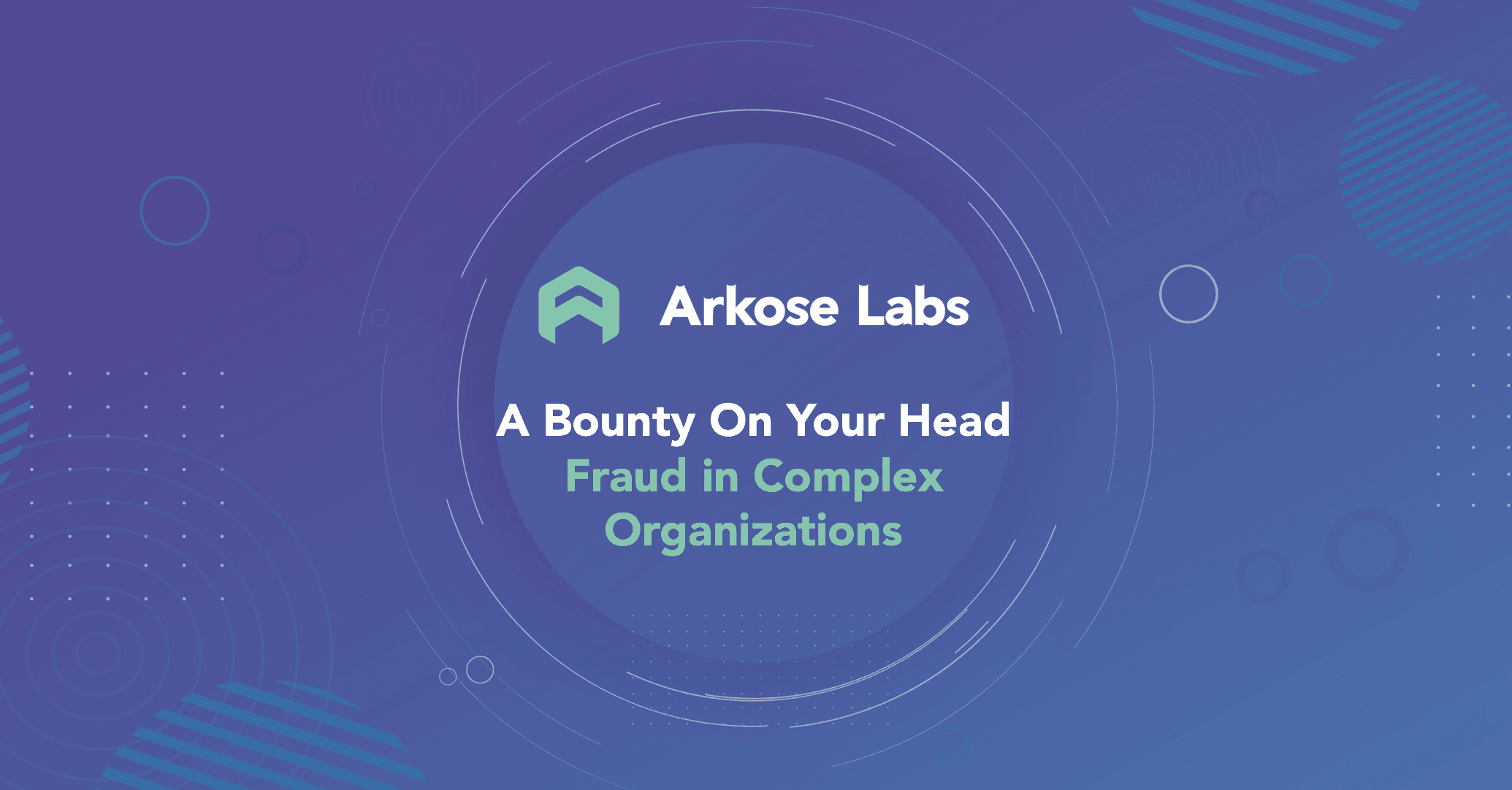Here are the highlights from our discussion.
With approximately 4 billion people working from home as a result of the COVID-19 crisis, the surge in online interactions is creating a fertile ground for fraud. Fraudsters thrive in fear and chaos, and the COVID-19 pandemic ranks among the worst chaos in living memory.
Social engineering and phishing scams have always been rife, but are now taking on a distinctly ‘COVID’ flavor. Governments worldwide are pumping stimulus money into economies, offering fraudsters a wealth of new opportunities. Stimulus programs were rolled out quickly, in some cases without considering the potential for fraud: for example in the USA the government is sending paper checks to citizens. This is presenting huge challenges for banks who have underinvested in check fraud and don’t have the technology to combat it, leaving them to rely on human labor.
Our panelists also warned of a huge uptick in friendly fraud, as many people are newly unemployed or experiencing reduced income and are trying to make savings, or abuse promotional offers where they can. This is particularly challenging for the travel industry which is currently in shutdown and experiencing a significant rise in cancellation and chargeback requests.
New working models
The first few days of lockdown presented major continuity challenges as businesses had to shift to remote environments. After the initial scramble, businesses are flipping these challenges to opportunities, as they find innovative ways to rethink strategy and operations. The ease of transition to remote working within fraud departments, which typically have been exclusively made up of onsite teams, is a surprising positive. Without the distraction of water cooler chat, many organizations are actually reporting an uptick in productivity. Post-COVID, businesses are likely to reassess working from home models.
Mitigating against fraud can be more challenging for large organizations, many of whom have complex structures that have evolved over a series of acquisitions. There can be a lack of consistency across departments and the disparity in goals between fraud prevention and revenue departments creates weak spots that fraudsters will exploit.
Large organizations have bigger tech stacks, more data, and assets, and are a lucrative prospect for fraudsters. On the flip side, they have much larger budgets and well-practiced continuity plans for crises. Companies without continuity plans are struggling with logistical nightmares as they are unable to acquire the hardware needed to shift to remote working. This has been compounded by other natural disasters; in Tennessee a tornado hit one of Dell’s large warehouse facilities, prompting a crisis in laptop supply at the crucial moment in the transition.
Challenges vary across sectors and regulated industries have their own issues. There are thousands of operational analysts now working from home with access to huge amounts of personal identity data. They are reacting on the fly, developing new safeguarding strategies to mitigate against data leakage. Regulatory bodies are relaxing restrictions during this time, but there will be audits post-Covid to examine these strategies.
Size isn’t everything...
Our panelists agreed that to successfully fight fraud, CEOs of businesses of all sizes need to have a good handle on processes across the company. It is crucial to understand third party relationships and to be able to track risk across the customer journey. Centralizing fraud and abuse operations is much more effective and the safest business is an interlinked business where intelligence is shared across the platform. Although there are challenges in data sharing and KPI tracking across complex organizations, aligning these across the business gives the best chance of success at fighting fraud.
Fraud teams are sometimes described as the plumbers of commerce: rarely recognized unless something goes wrong. Businesses are often reluctant to invest or give fraud teams airtime at a strategic level. Fraud teams need to demonstrate their value by monitoring ROI in terms of revenue saved by effective fraud prevention. Businesses will see that investing in robust fraud prevention strategies can save millions in lost revenue and will preserve customer relationships in the long term.
Please find a 1-page LISTICLE summarizing the top 5 insights from the panel here.
NEXT UP: Join us for our next virtual panel “Suprise, Surprise: Tales of Fraudsters' Ingenuity, where we'll have guests from Wave HQ, Breach Clarity, Caffeine.tv and The Paypers to discuss war stories from defending against emergent fraud attacks. Register here for our series: https://www.arkoselabs.com/digitalgathering/

